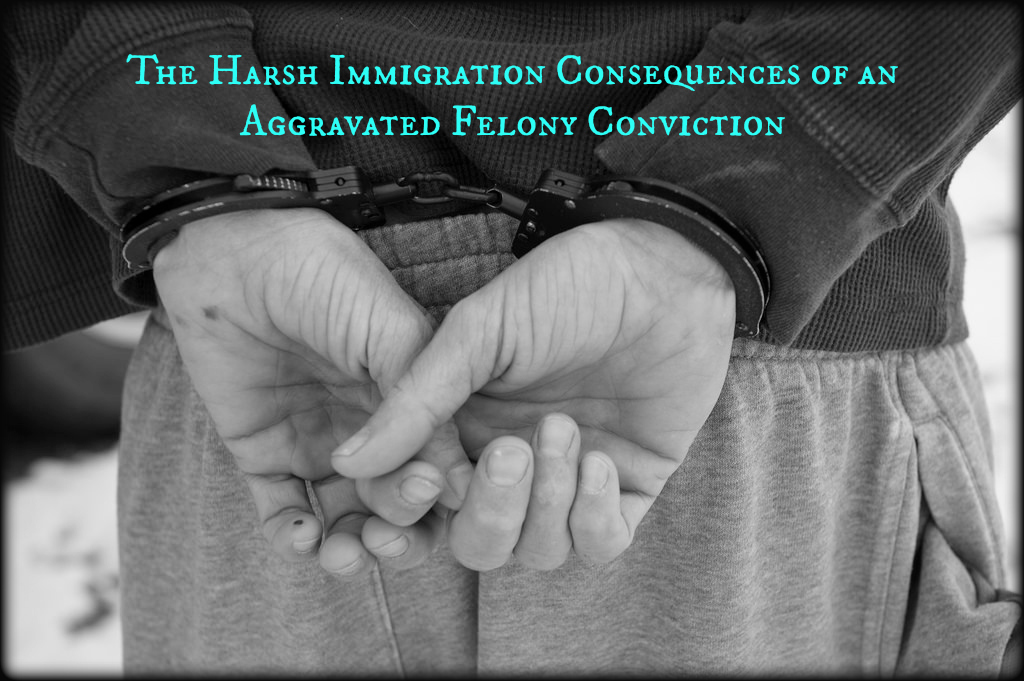Welcome back to Visalawyerblog! We kick off today’s post with very exciting news. Yesterday, February 18, 2021, President Biden unveiled new legislation that will create an 8-year earned path to citizenship for the millions of undocumented immigrants in the United States who were brought to this country as children.
While the bill faces an uphill battle in Congress, it is the start of the administration’s efforts to create new momentum to push parties on both sides of the aisle to fix our broken immigration system once and for all.
What does the new bill propose?
The new piece of legislation is based on the President’s immigration priorities as outlined during his first day in office.
While President Biden has been in office for less than one month, he is already moving forward with his most ambitious effort yet – introducing viable immigration proposals before Congress, that will counteract the past four years of harmful policies passed by his predecessor.
In a nutshell, the U.S. Citizenship Act of 2021, as it is known, seeks to create (1) an eight-year pathway to citizenship for nearly 11 million undocumented immigrants (2) a shorter process to legal status for agriculture workers and recipients of the Deferred Action for Childhood Arrivals program, and (3) establishes an enforcement plan that includes deploying technology to patrol the Southern border.
 Visa Lawyer Blog
Visa Lawyer Blog






